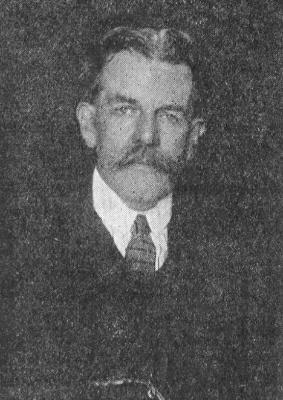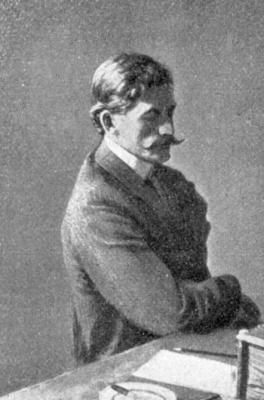
Edward Winter
Our archives contain, courtesy of the Manhattan Chess Club, a copy of a letter dated 10 August 1930 to Capablanca from E.S. Tinsley, the chess correspondent of The Times (London). After discussing the world championship rematch negotiations and whether Alekhine might participate at the next Hastings tournament, Tinsley wrote:
‘... Did I tell you that Wahltuch started talking to me about A[lekhine] saying he had asked him whether he would like to play the return match with you in England. A.’s reply was that he would not, as he did not think the English press was sympathetic towards himself! Then W. said to me, “You have something against him?” I said, “Yes, I have, and so have The Times, as he committed the unforgivable sin, so far as they are concerned. He will get justice from us, as Champion of the World, but nothing more.” And Wahltuch had not the face to ask me exactly what it was, perhaps he knew! If he did, he knew what a fool Alekhine had been, as he would be under no illusions as to what a bribe meant to our people. The roguery was in throwing over his own friend, so soon as he realized our attitude in the matter.’
To what is Tinsley referring?

Edward Samuel Tinsley (BCM, October 1925, page 412)
(1997)
Page 225 of the Chess World, 1867 quoted ‘an eminent member of the Paris Committee’ concerning that year’s international tournament in the French capital:
‘I had now a fine opportunity to study the character of professional chessplayers; and for blackguardism, for nasty meanness, for dirty wrangling, and a total lack of all conscience, it would be very difficult, I am sure, to find their equals. Games were bartered, players bribed to play for draws, or induced to resign, etc. etc.’
(2245)
From an article by Norman Alliston on pages 2-4 of the January 1901 BCM:
‘Chessplayers have unpleasant characteristics. They are (to a degree, of course) proud, argumentative, over-cautious and deceitful. That the chessplayer has a certain amount of pride is not his fault; so long have the non-playing public bowed down to the graven image of Caissa that the initiated were bound sooner or later to feel their supposed superiority, and become over-bearing. As to their deceitfulness, this undoubtedly comes from the chessplayer’s habit of continually laying traps for his opponents – he has an itch to mate somebody on the mosaic of life. Chess is an ideal school for politicians and other word fighters; and those who have been brought up in the school readily grasp the vital points of an argument, which vital points – the problemists especially – they are over-keen to drive to a definite end.’
(2504)
‘Bribery, I am very sorry to have to confess it, is rife and even rampant in international tournaments. It is practised systematically, proclaimed openly, and boasted of proudly.’
Those were the opening words of an article by ‘Ares’ on pages 55-56 of Brentano’s Chess Monthly, June 1881. No cases were specified, but the writer illustrated his thesis with some imaginary, magniloquent dialogue about game-throwing:
‘Listen to me, B, you have little or no chance of winning a prize – you are undoubtedly a strong player and have been very unfortunate. Well, if I win the first or the second prize, I will give you a pecuniary solatium for your disappointment.’
Tartakower told a story of attempted bribery on page 1 of My Best Games of Chess 1905-1930 (London, 1953). It concerned Barmen, 1905, where he had finished equal first in his group with G. Shories.
‘Although I had beaten him in our individual encounter, I had nothing against playing off a deciding match with him; in this, however, the tenacity of my rival proved to be superior.’

Georg F.W. Shories (Barmen, 1905 tournament book, page 486)
Tartakower then added this footnote:
‘For many a long year I considered myself as frustrated in my efforts – amongst the causes for this being the fact that Shories, after he had lost the first game of the match, made me a proposition by which he was to “cede” me the title of master – an offer that I naturally rejected (since it was not to “buy” but to “conquer” the title of master that I had come to Barmen), but this beyond doubt had an unfavourable influence on me in the subsequent course of the match. Nevertheless, viewing the events from the historical perspective (and therefore more objectively), I now deem that at that time my play was not yet sufficiently mature to be crowned with complete success.’
After the Shories Pecuniary Solatium Declined, the match continued and, as noted on page 261 of the September 1905 Deutsche Schachzeitung, Tartakower lost by an overall score of two games to one with one draw.
(3219)
Latest update: 18 March 2025.
To the Chess Notes main page.
To the Archives for other feature articles.
Copyright: Edward Winter. All rights reserved.